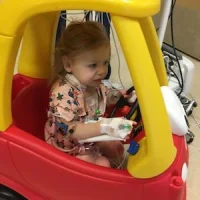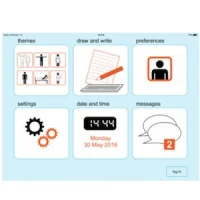Moral distress is a reality and should be addressed by a culture of frank disclosure and good team communication. Although it is hard to find the time and space to do this, there are things that can help, says paediatric intensivist, Daniel Garros, writing in Frontiers in Pediatrics.
Garros, Staff intensivist, Clinical Professor of Pediatrics, University of Alberta, Stollery Children's Hospital, Canada considers why moral distress occurs in the intensive care unit (ICU), and how to ensure that staff caring for a particular patients are included in discussions and kept informed in a timely way of ethical concerns. He offers 10 actions for teams and individuals to address ethical concerns.
Team Level Actions
- Recognition of moral distress as an alarm signal from a conscientious person
- Give voice to the silence by fostering open and authentic discussion of ethical concerns
- Reach for a “rapprochement”: find ways to support moving to reciprocal understanding among the patient care team
- Enhance effective communication among team members, including real-time information sharing
- Seek further ethics education
- Promote venting/debriefing sessions
Individual Actions
- Nourish moral courage: be prepared to face tough decisions.
- Seek peer support
- Take time off
- Find another passion
When moral distress levels are high, managers need to ensure that staff have support to address it, writes Garros.
“As practitioners, we ought to develop insight into our feelings and reactions, contribute to an open environment where team work is a healthy practice, and adopt a lifestyle that recharges us for the next difficult case.”, he concludes.
Image credit: Pixabay
References:
Garros D (2016) Moral distress in the everyday life of an intensivist. Front Pediatr, 4:91. doi: 10.3389/fped.2016.00091.
Latest Articles
moral distress in the PICU, how to overcome moral disress, communication, teams, paediatric ICU, PICU
Moral distress is a reality and should be addressed by a culture of frank disclosure and good team communication. Although it is hard to find the time and space to do this, there are things that can help, says paediatric intensivist, Daniel Garros, writin










